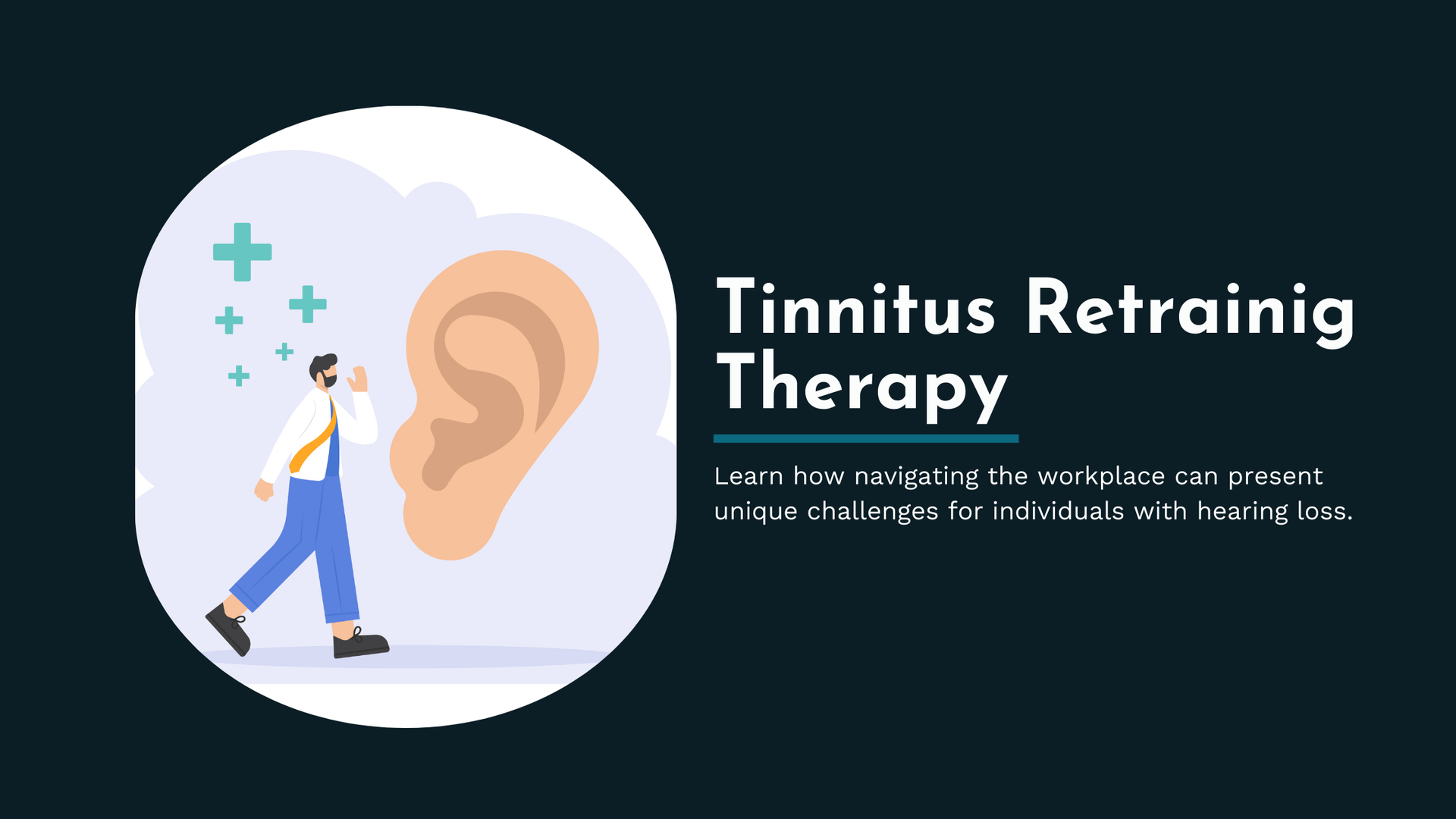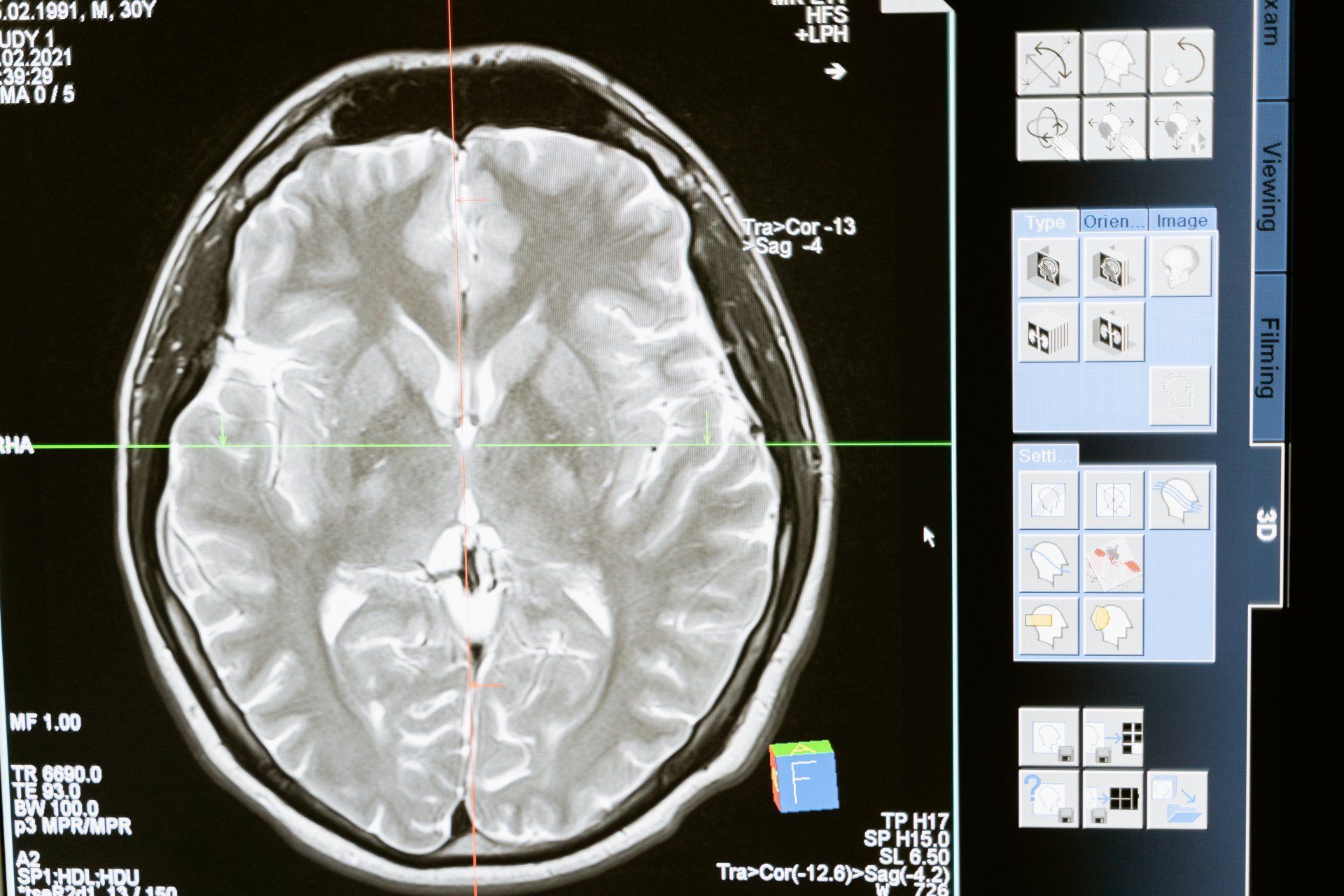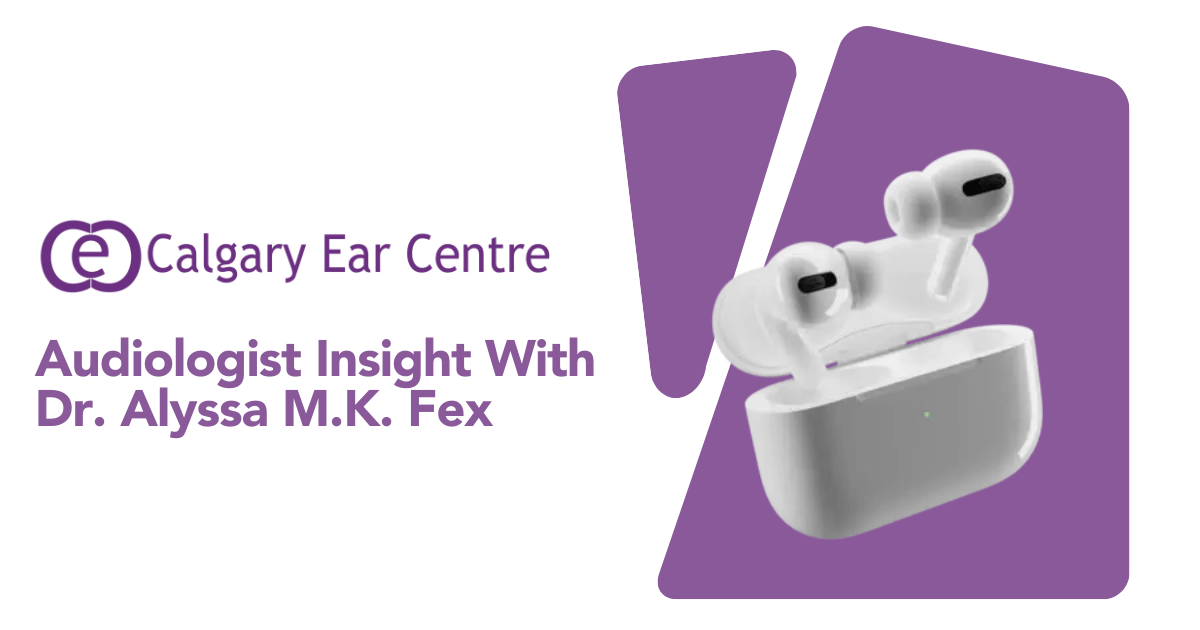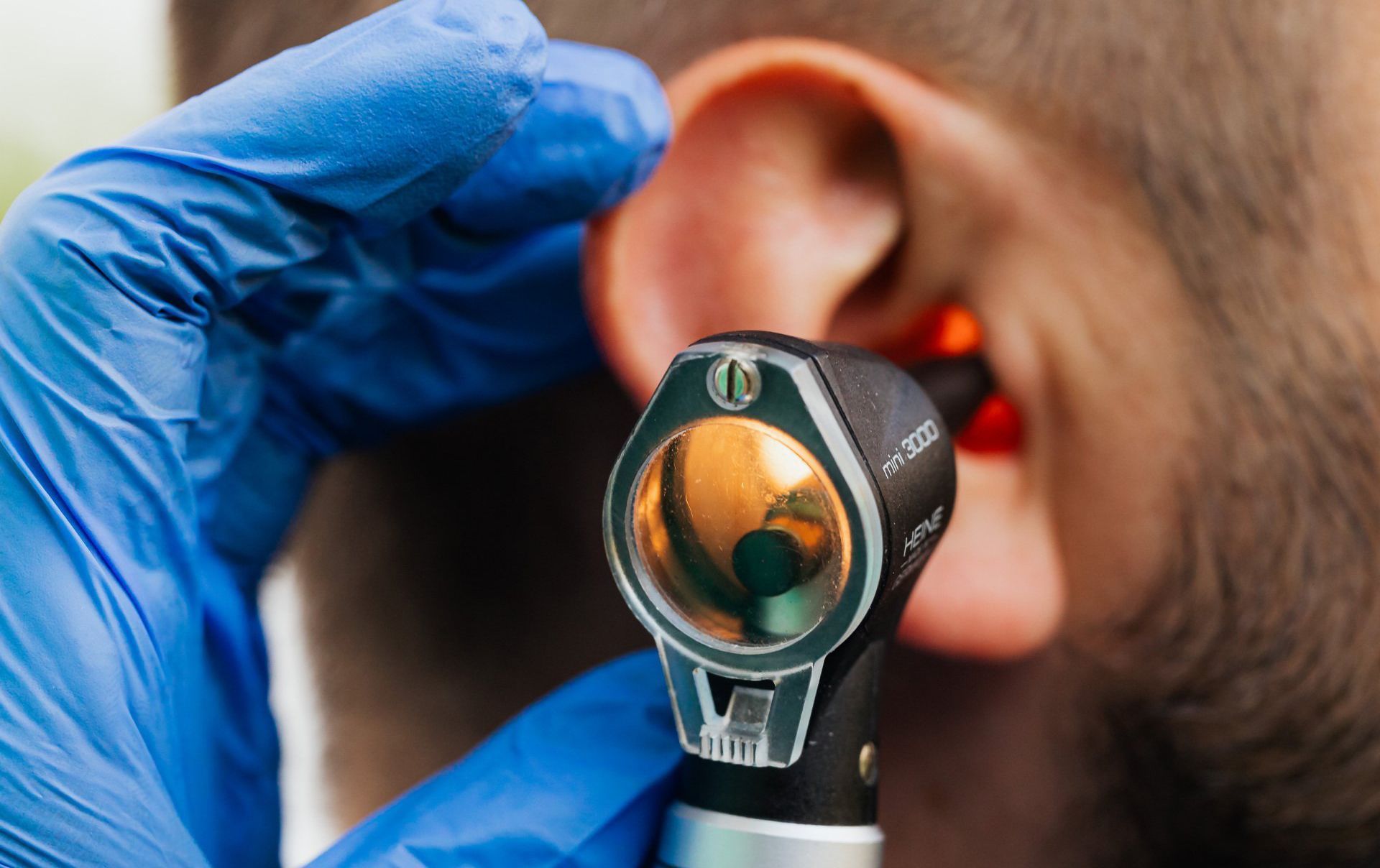Brown Noise, Pink Noise or, White Noise – Which is Right for Me?
Tinnitus is typically more bothersome when you are in a quiet environment, such as in bed trying to fall asleep, or upon waking in the night or in the morning. If there is no competing sound in the room, you will automatically be drawn to the noise in your head and ears. The trick is to give your brain another sound to focus on.
You have likely been told to put sound into your environment to reduce the awareness of the bothersome sound. What you may not know is that certain sounds are preferred to others for this purpose. The general recommendation is to choose sounds that are steady, uninteresting, monotonous, and non-repetitive; sounds that aren’t going to grab your attention or alert you.
Many people will mention that they fall asleep listening to a podcast or the television turned on to low volume, or music, often on a timer. The potential problem with this strategy is that as you are drifting off, your brain is still listening. If a topic, word, or familiar piece of music is heard, your brain will be activated. Familiar information that has been coded in your auditory cortex, the part of your brain that gives meaning to information that you have acquired through your hearing, is coded in your brain as important, and you will be alerted.
If you have a cell phone, you have access to thousands of soundtracks that can be streamed through a speaker from your phone. People often find water tracks soothing, even if they do not have tinnitus. Rainfall, stream, or waterfall are popular options. Ocean wave tracks are not advised, as the crash of the waves occurs at a regular interval. The brain will begin to anticipate the next crash of the wave, and in doing so, it will be actively listening, which not conducive to sleep. The same occurs when listening to thunder tracks.
White noise like what your fan would produce, consists of all the pitches of the range of human hearing being produced at the same volume. Pink noise is white noise filtered to better match the natural ear acoustics and has greater low-frequency energy than white noise, making it sound lower in pitch. There are other colours of noise out there, but brown noise is one that has become popular for studying, focus, and sleep. It is a lower pitched sound than pink noise, which many find more soothing and relaxing, sound like surf or a waterfall in the distance. Some people even combine white, pink and brown noise to create ‘neopolitan’ noise!
Whichever sound you choose, whether rain, waterfall, or filtered noise, the volume should be set so that you can hear both the tinnitus and your sound choice. We want to allow the brain to hear the tinnitus with less impact, so that over time our brain learns to tune the tinnitus out rather than to go looking for it. If you would like help managing tinnitus, book an appointment with us and we can get started on finding the best sound for you.
Recent Posts











